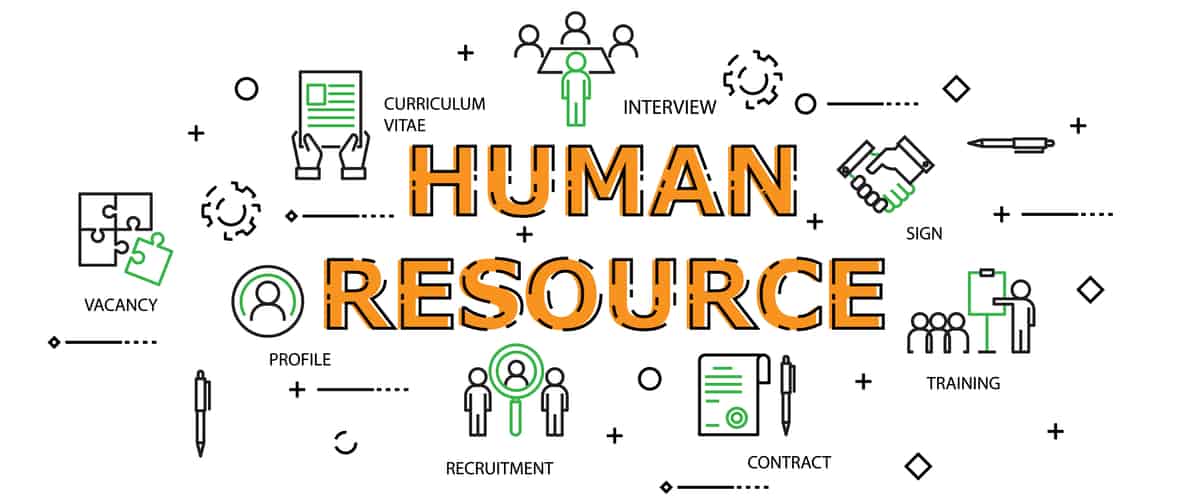
Most-asked Interview Questions – and Winning Answers
Before an interview, one of the best things you can do to be prepared is to understand potential questions that might be asked. We’ve compiled some of the hardest, yet most common questions that you might be asked at an interview. Toward the beginning, questions will be simple, and you should be ready with direct answers. Be very specific when answering – interviewers want to hear real-life examples, not just yes or no answers or cliches.
You might be asked to expand on your weak points, and you should be prepared to position them as strengths. Here’s an example: “It’s important to me that my work is perfect, so there have been times when I spend a little too long in one area, double and triple checking things.” So a potential negative characteristic has turned into one that can benefit the business.
Below you’ll find questions you’re likely to be asked, and answers that can help you do well in an interview. No two interviews will ever be the same – but many follow a basic structure that you can anticipate and practice. Your answers should also include examples, to build credibility about your skill set. As you prepare your answers, don’t forget to expand on your skills and experience, including examples that demonstrate your skills are a fit for the position.
1. Tell me about yourself.
Your interviewer may ask you to introduce yourself. They are not looking for information on where you were born or your hobbies – they’re looking for a brief summary of your resume, highlighting points that make you a great fit for the role.
You can expand on the research you’ve completed at the company before the interview. When speaking, you can stop to ask your interviewer if they’d like any more details on what you’re discussing. Naturally, always focus on your best skills and qualities.
2. If you were me, why would you hire yourself?
You can start with the most used answer – “because I am the best candidate for this job”, but don’t stop there: continue with examples, specific skills, activities and challenges from your work experience. What makes you different from other candidates and why are you the right one for this role? What can you bring to the table that no one else can? Don’t underestimate other candidates; be modest, saying that you are aware that other candidates are good, but you have something more – such as your ability to be a culture-carrier for the company and enhance their brand. Your goal is to make yourself stand out from other candidates – show the interviewer through your answers what makes you different, and better.
3. What is your long-term goal?
Focus on the goals you have which relate to the job and what you are doing to achieve them. Give them a timeline regarding your goals. For example, where do you see yourself within three years? What position? Or maybe you will be your own boss, and you will have your own company by then…
Give this question some thought before your interview. Make sure you have the answers prepared and ready to discuss.
4. How was your career influenced by your educational background?
This can be a vague question, and you must concentrate on making a relationship between your education and career. Search for examples to show the relationship between your education and your real-life experience. Find a way to show that you were focused not only on learning but applying those learnings in practice.
For example, you can say that you were involved in different projects outside of college and you gained experience working with talented specialists from a famous research center. and let them know about your results during that collaboration. If you participated in an internship during college, this is a great time to talk about those experiences and how they’ve prepared you for working in the role you’re applying for.
5. Are you a team player?
You won’t be surprised to hear that almost all people say “yes” to this question. But remember this is not simply a yes/no question. Once you say yes or no, you should be able to give evidence of why you believe you are a team player (or not).
If you’ve said “yes” – be ready to share the times you’ve been a team player. You can also underline which skills made you a team player. Keep in mind that being a team player is more important for some jobs than others. Make sure you’ve prepared your research and understand whether or not being a team player is an asset for this particular role.
6. Have you ever had a conflict, and how it was resolved?
You might be inclined to say no, but that’s not the best answer for this question. Once you say “no,” your HR manager will wonder if you lie or are just trying to hide aspects of your personality and previous conflicts.
If you say “yes,” make sure your interviewers understand the conflict was minor and ended very quickly. To solve a conflict, you must understand its roots and why it happened in the first place. Show that you can resolve conflicts easily through collaboration.
7. What is your biggest weakness?
Be careful what you say here, and don’t focus on negative traits. One possible way of answering is to discuss a trait which is not important in the role you’re applying for. For example, if you are not great at PowerPoint, but you’re applying for an accounting job, it’s ok to mention your lack of PowerPoint skills because that is not a critical skill for that job.
Another option is to mention an area where you felt you needed to improve, and then discuss how you’ve done so. For example, you might say that you were having problems with planning activities, but now you’ve found a strategy for planning that keeps you on track and has achieved great results.
Always choose a weakness that can be turned into a strength. Talk openly about your issues and how you found solutions. Let them know that you are not perfect, and you are always looking to convert your weaknesses into positive qualities.
8. Imagine that I am having a discussion with your previous boss or professors – what would they say about you?
This question is another form of a reference check – this is to gauge your reaction. You should ask references for their opinion before your interviews, as you might be surprised by their response. You can ask them to provide you a recommendation letter, and you will be able to attend the interview with your homework done.
You can use some of the words from your recommendation letter to describe yourself and to make it credible, show your interviewer the letter.
9. In your opinion, what are the qualities that a great manager should have?
Most employers believe that a great manager should have a strong personality, leadership skills, and vision. A successful manager should be a good leader and have a strategy for the people who are working on their team.
Example: “A successful manager must be a hands-on leader with the ability to share their vision with their team.”
You may reference a real person from a previous job, who had a positive impact on your career.
10. If you had the chance to change something in your life, what is the thing that you would change?
If your interviewer asks you such a question, be ready to answer quickly and directly. It’s likely you’ve had a missed opportunity, and for one reason or another, you had no chance to accomplish it. Show that you believe that sooner or later you will achieve your goal, and explain how.
Assure your potential recruiter that you are happy with what you became, but there is always room to grow and learn. Follow up with relevant examples, and you’re sure to impress your interviewers.
The information on this site is provided as a courtesy. GradSiren is not a career or legal advisor and does not guarantee job interviews or offers.
Get expert career advice and insights delivered straight to your inbox.

Must Reads SEE ALL ARTICLES

Types of Interviews followed by Industry Experts

Get Self-confidence for Job Interviews Now!

Best Tips for Face to Face Job Interview

A Step by Step Guide to Ace your Video Interview

What things do turn-out me as HR Manager?






